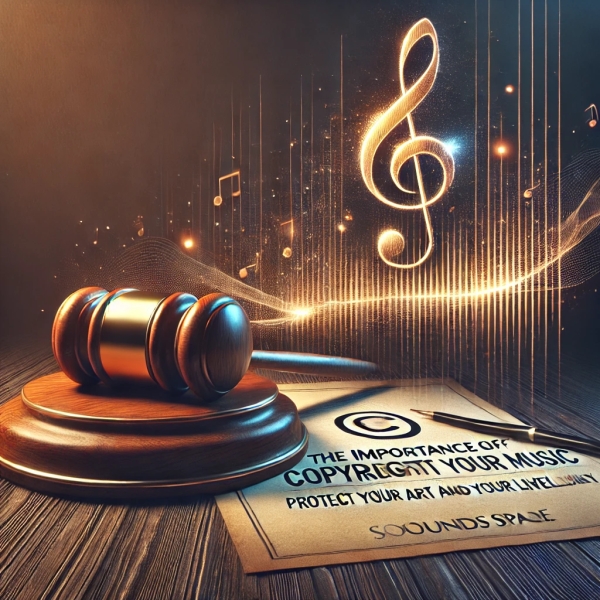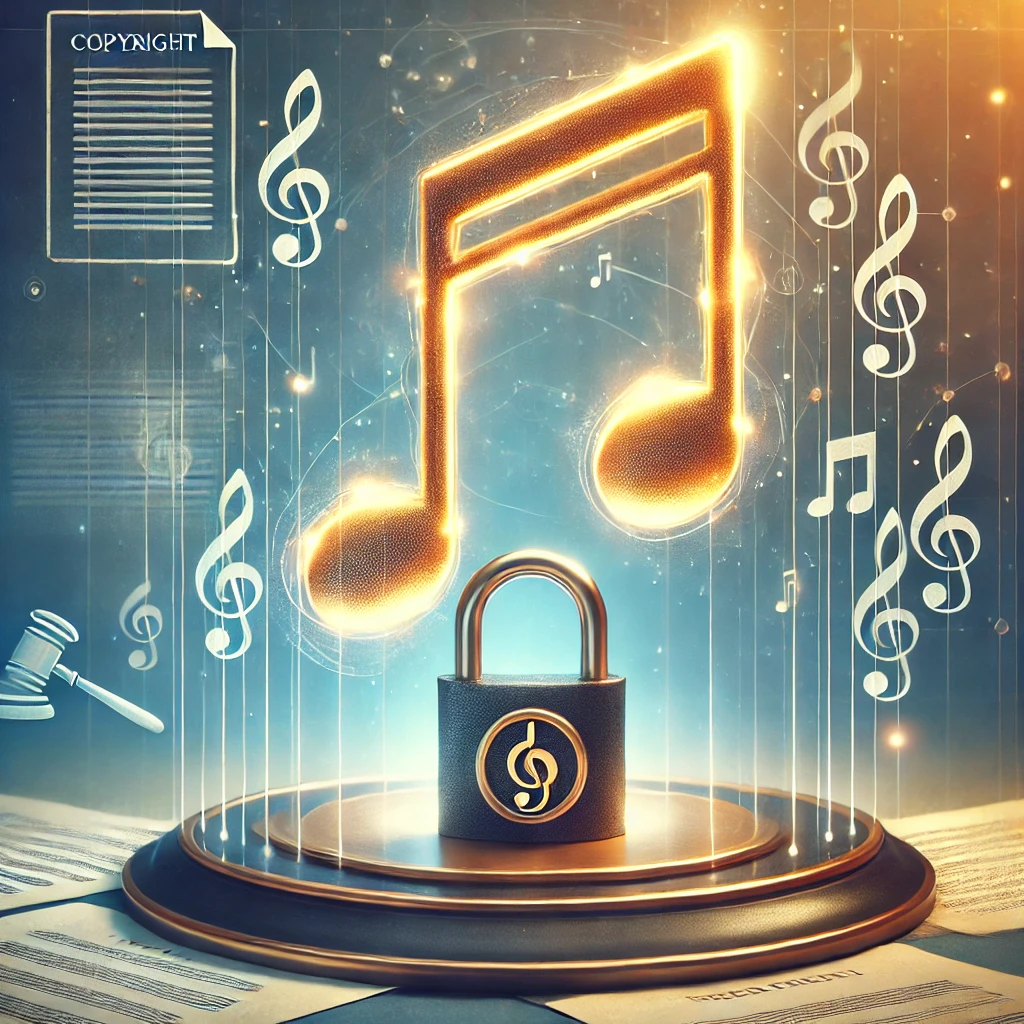The Importance of Copyrighting Your Music: Protect Your Art and Your Livelihood
As an artist, your music is your heart and soul—a reflection of your creativity, experiences, and dedication. However, in a world where content can be easily shared and reproduced, safeguarding your music is more important than ever. This is where copyrighting comes into play. Copyrighting your music is not just a legal formality; it’s a critical step in protecting your work, your brand, and your income. Here’s why copyrighting your music should be a top priority for any serious musician.
What is Copyright, and Why Does It Matter?
Copyright is a legal protection that grants you exclusive rights to your original work. When you create a piece of music, you automatically own the copyright to it under most laws. However, registering your copyright with the appropriate authority, such as the U.S. Copyright Office, provides additional benefits, including legal evidence of ownership and the ability to enforce your rights in court if necessary.
Without copyright protection, your music is vulnerable to unauthorized use. Imagine someone using your song in a commercial without your permission or even claiming it as their own. Copyrighting your music ensures that you retain control over how your work is used and that you are properly credited and compensated.
Benefits of Copyrighting Your Music
-
Protects Your Intellectual Property
Copyrighting your music legally establishes you as the owner of your work. This means you have the right to decide how your music is used, distributed, and monetized. Without this protection, anyone can use your music without compensating you or giving you credit.
-
Facilitates Licensing and Royalties
Copyrighting is essential if you want to license your music for use in films, commercials, or streaming platforms. Licensing agreements are a significant source of income for many artists, and copyright ensures that you’re in a position to negotiate and receive royalties.
-
Provides Legal Recourse
Should someone infringe on your rights by using your music without permission, copyright registration gives you the legal grounds to pursue action. Without it, proving ownership can be challenging, and you may lose out on potential compensation.
-
Establishes Credibility
Copyrighting your work shows that you take your career seriously. It demonstrates to collaborators, producers, and potential investors that you’ve taken steps to protect your creative assets, making you a more attractive partner in the industry.
-
Safeguards Future Opportunities
In the ever-evolving music industry, opportunities such as remixes, samples, and international licensing deals can arise unexpectedly. Having your music copyrighted ensures you’re prepared to capitalize on these opportunities without legal complications.
Steps to Copyright Your Music
-
Create Your Music
Your music must be original and fixed in a tangible form—such as a recording or written sheet music—to be eligible for copyright protection.
-
Register with the Copyright Office
While copyright is automatically granted upon creation, formal registration provides additional legal benefits. In the U.S., you can register your work online at copyright.gov for a small fee. Other countries have similar processes.
-
Keep Records of Your Work
Maintain documentation of your creative process, such as drafts, recordings, or notes. This can serve as supplementary evidence of ownership if needed.
-
Consider a Copyright Collective
Joining organizations like ASCAP, BMI, or PRS for Music can help you manage royalties and licensing. While these organizations don’t copyright your work, they play a vital role in monetizing and protecting your music.
Common Misconceptions About Copyright
-
"I Don’t Need Copyright Because My Music Isn’t Famous Yet."
Copyright protection is important at every stage of your career. Even if you’re just starting out, your music has value. Early protection can prevent future disputes as your career grows.
-
"Posting My Music Online Counts as Copyright."
While posting your music online can serve as evidence of creation, it’s not a substitute for formal copyright registration. Online platforms do not offer the same legal protections as an official copyright.
-
"It’s Too Expensive."
Copyright registration is a relatively low-cost investment compared to the potential losses from not protecting your music. The benefits far outweigh the expense.
Real-Life Examples of Copyright Issues
There are countless cases of artists facing challenges because their music wasn’t copyrighted. For example, the infamous "Blurred Lines" copyright case involved a $5 million settlement over infringement claims. While this case highlights the importance of respecting copyrights, it also underscores the need to protect your own work from similar disputes.
Conclusion
Copyrighting your music is not just about preventing theft—it’s about valuing your art and ensuring you reap the rewards of your hard work. By taking this crucial step, you’re not only protecting your intellectual property but also positioning yourself for long-term success in the music industry.
Don’t wait until it’s too late. Take control of your music and your career by making copyright registration a priority. Your future self will thank you.




